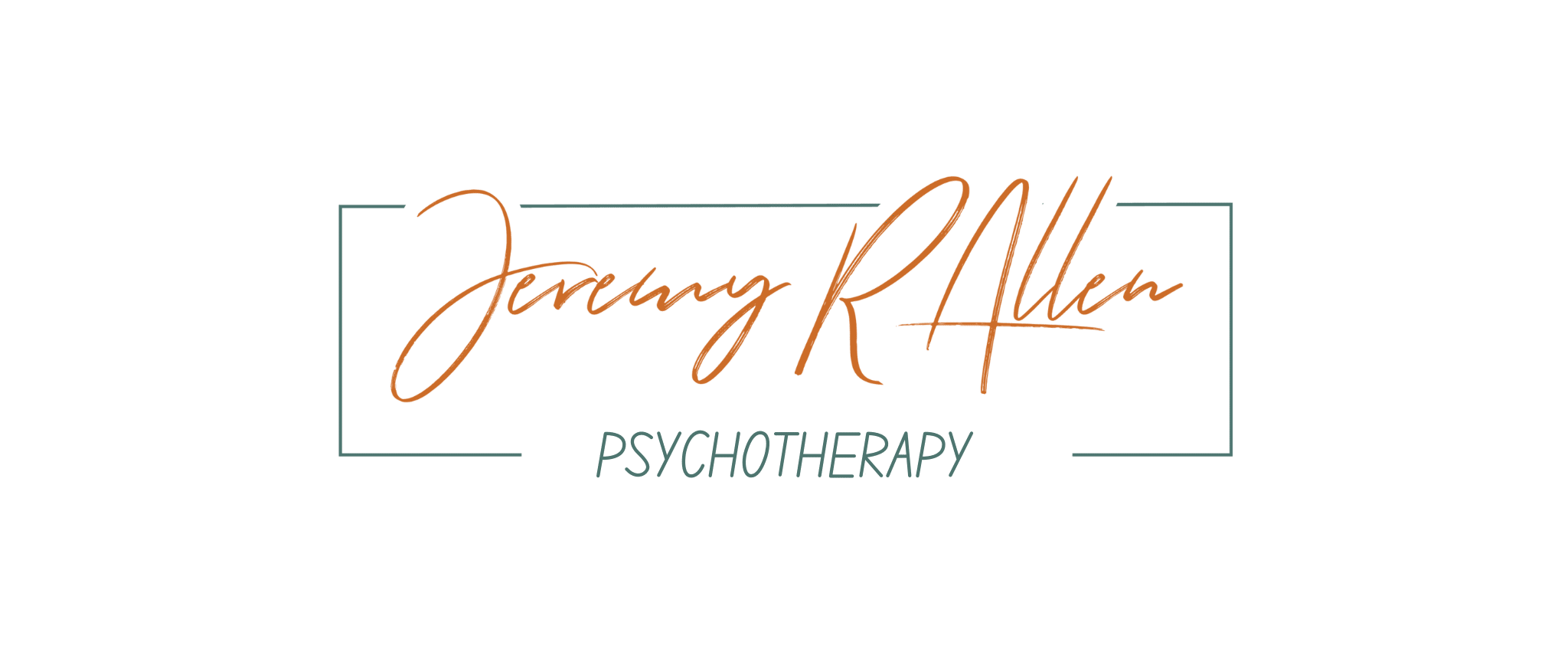What I notice about relationships.
Often times in relationships, couples avoid communication and connection by continually interrupting his or her individual needs. I am not talking about contact in physical ways, but rather making contact with oneself. This is recognized as the same arguments you have with a loved one that never seems to get solved. A disruption in contact (with the authentic self) is often displaced as “I’m doing this for her or him.” As relationships lengthen, the narrative becomes, “I need to sacrifice me for you.”
I know this about my own relationship. Early in my relationship, I would avoid going out with friends or even not speak up for what I needed in the relationship for fear of hurting my wife. Usually, I would say, “I’m doing this for her,” as a way of not experiencing my own emotions. Sometimes there would be the fear of not speaking up, “she won’t listen or hear me anyway.” Consequently, this is a troubling paradox for the young men I see daily.
Wholeness in relationships.
In my understanding of gestalt therapy and coaching, we illustrate the need for wholeness within the self. A lack of wholeness, or authentic love in a relationship (I’ll come back to this), usually looks like one individual in the relationship being quiet or allowing the other to walk all over them. Furthermore, this can also look like overly demanding or even conflicted about staying in a relationship.
Many couples often break with one another for fear of exercising their needs in the relationship, for many of the same fears outlined above. Belief patterns own this fear. Moreover, these individuals are afraid to challenge these seemingly monumental patterns. Consequently, when partners do not support this effort, they go unnoticed. The result is the relationship is has moved to autopilot.
Additionally, in a relationship where an individual has appropriate contact with oneself, this often looks like:
– the ability to ask for individual space
– the strength to ask for acceptance (accept me for me)
– the courage to allow space for me to be me and you to be you, so we can meet
Autonomy in relationships.
This notion is solidified by one of the theorists of Gestalt Psychotherapy as the gestalt prayer:
“I do my thing, and you do your thing.
I am not in this world to live up to your expectations,
And you are not in this world to live up to mine.
You are you, and I am I,
And if by chance we find each other, it’s beautiful.
If not, it can’t be helped.” – Fritz Perls.
A Taoist perspective I employ is “going with nature.” I employ this with my life and try to help the couples I work with learn to bring curiosity of nature into their waking life. Nature — concerning a couple — asks, what do I need in this relationship? The question is not stated as, what can the other do for me, but organically, what do I need? As humans, we can self-soothe. Self-soothing allows us to calm and reflect, then regain control and be present for oneself — and maybe the other.
What is authentic love in relationships?
As I addressed earlier, authentic love in a relationship surfaces as one can be authentic with oneself (one’s needs) while being authentic with their partner. This authenticity allows growth and contact to be made between the partners in the couplehood. As illustrated by the compassionate, poetic couple’s counselor and gestalt practitioner, Joseph Zinker:
“When we feel totally loved by someone who really ‘matters,’ the ecstatic, receptive experience makes us feel beautiful, perfect, graceful, profound, and wise. Our deepest most profound stirrings of self-appreciation, self-love, and self-knowledge surface in the presence of a person whom we experience as totally accepting. It is as though we say, “When I know your total acceptance, then I can show you my softest, most penetrable, delicate, beautiful, and vulnerable self”” (1977, p. 7).
Experience is the key to a healthy relationship.
Consequently, to live in one’s experience is to be present for the self. More aptly, one’s natural needs is one’s natural inclination to fulfill his or her needs. Not paying attention to one’s needs is not living up to one’s authenticity. If I cannot make contact with my needs, there is no way I can embrace my wife or allow my wife to embrace me, nor be embraced by her. Again, the Taoist principle states — going with nature. To go with nature is to go with what the individual’s immediate needs are. When an individual goes with his or her needs, they can then be present for the other person.
Living in a relationship with an-other is challenging. Living in a relationship with individual needs is even more so challenging because of the other’s conflating needs and the needs we refuse to acknowledge that we have. The needs of the couple can be met. The individual can have needs met. This simply means, each in the couplehood can be engaging and have needs met. To understand my needs will allow me to ensure I place all intentions into what I need, so I do not inadvertently project my needs as your hatred.
If you’re ready to enhance your relationship by stating your needs and being authentic, reach out for a free consultation today.
Jeremy R. Allen
Son. Husband. Father. Coach.
jeremy@jeremyrallen.com

